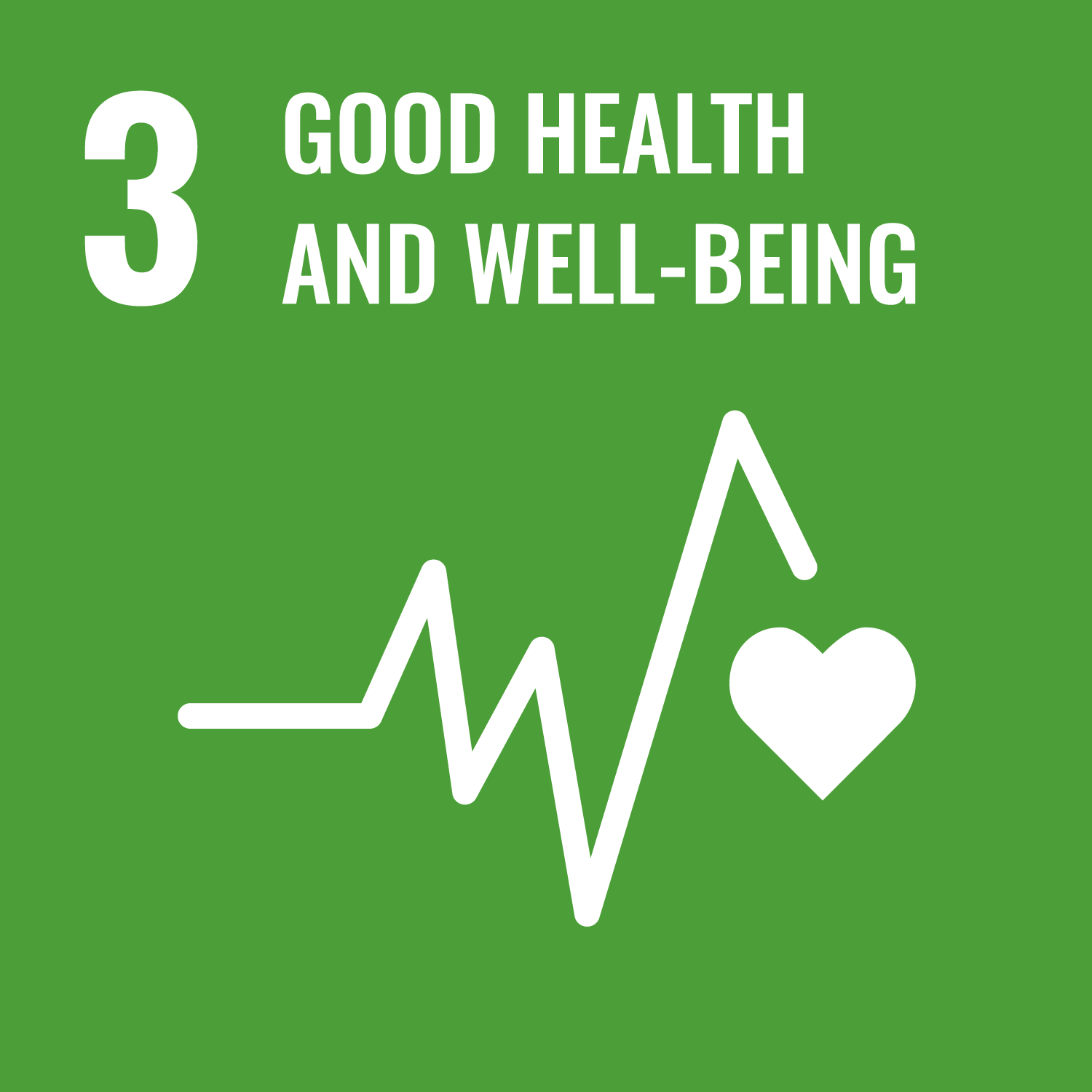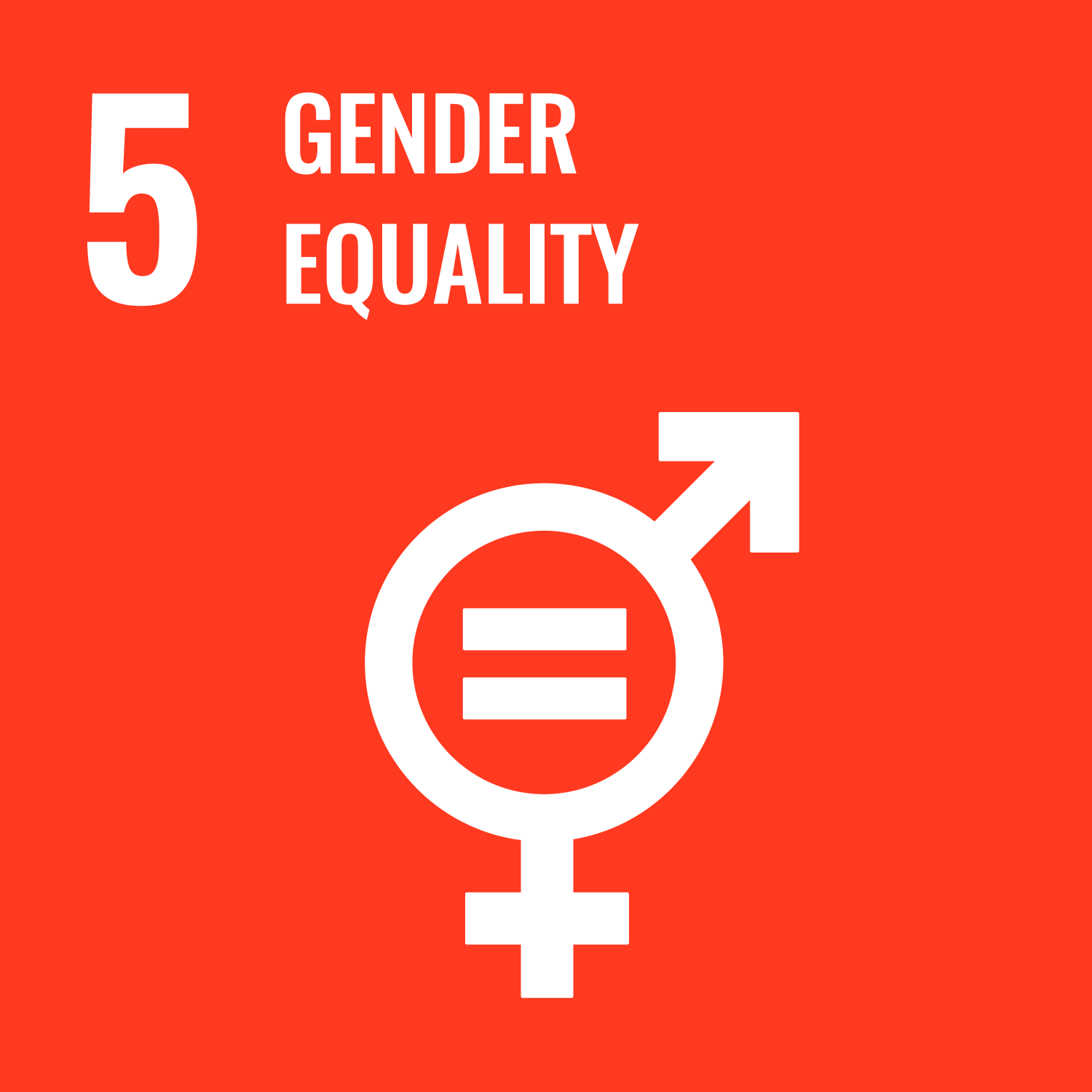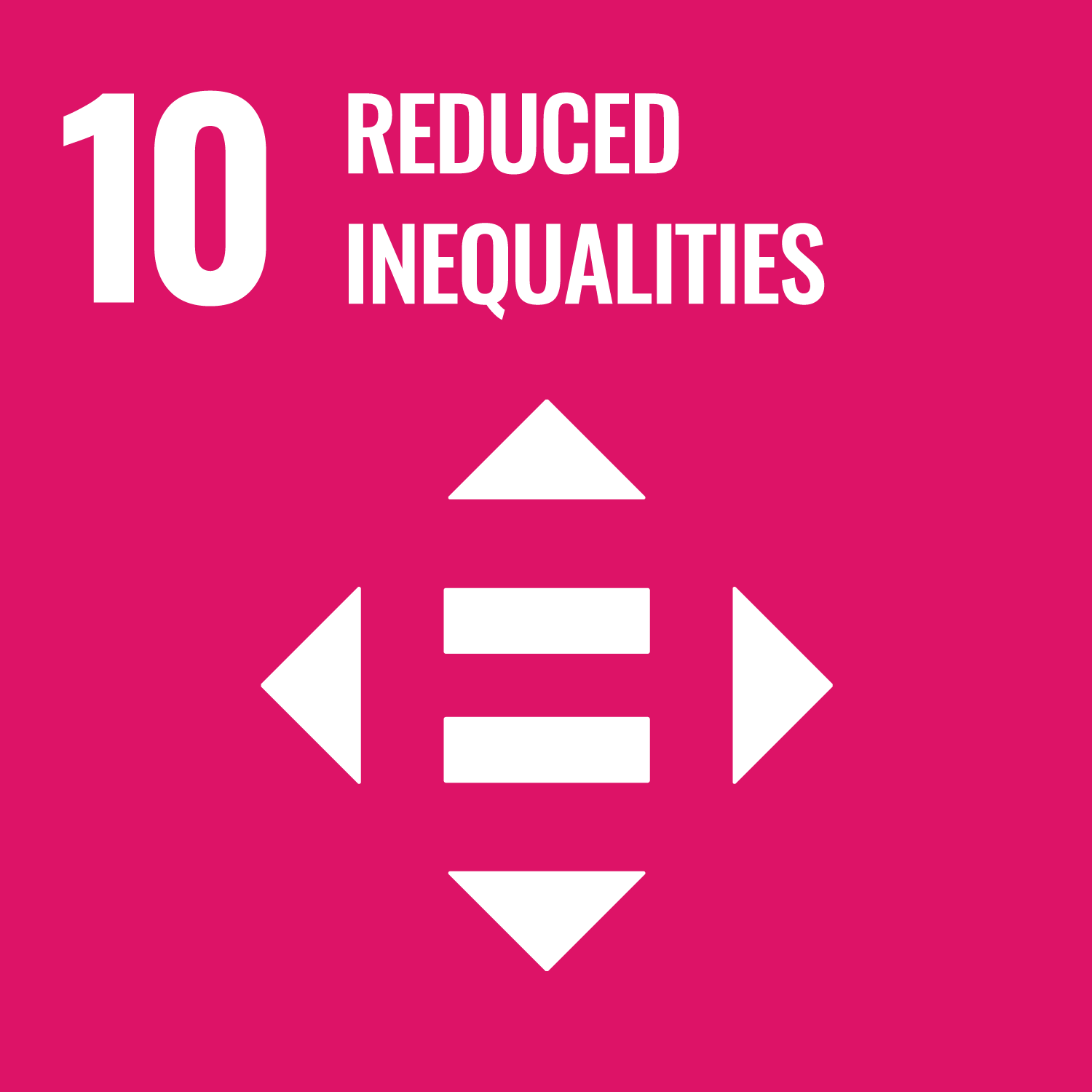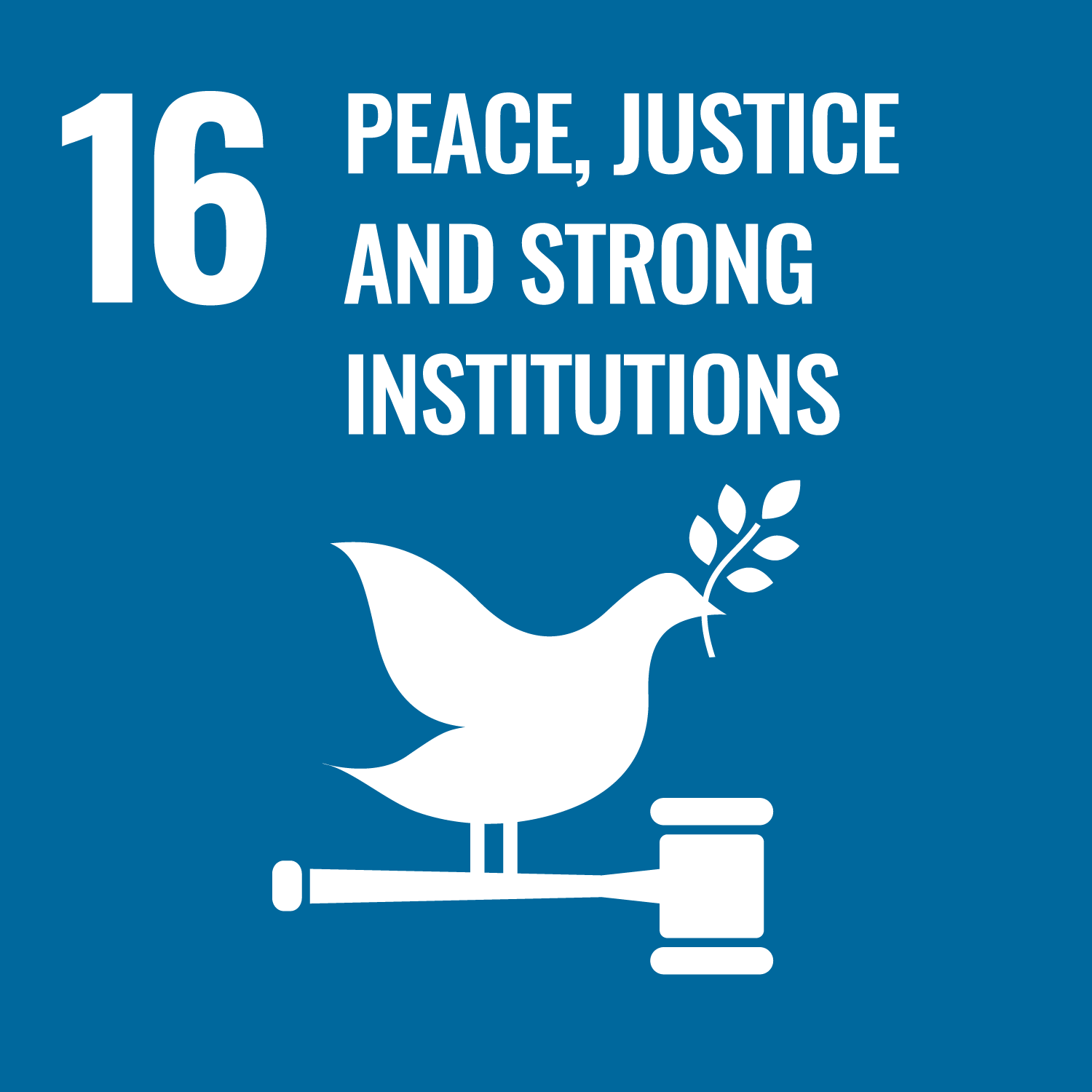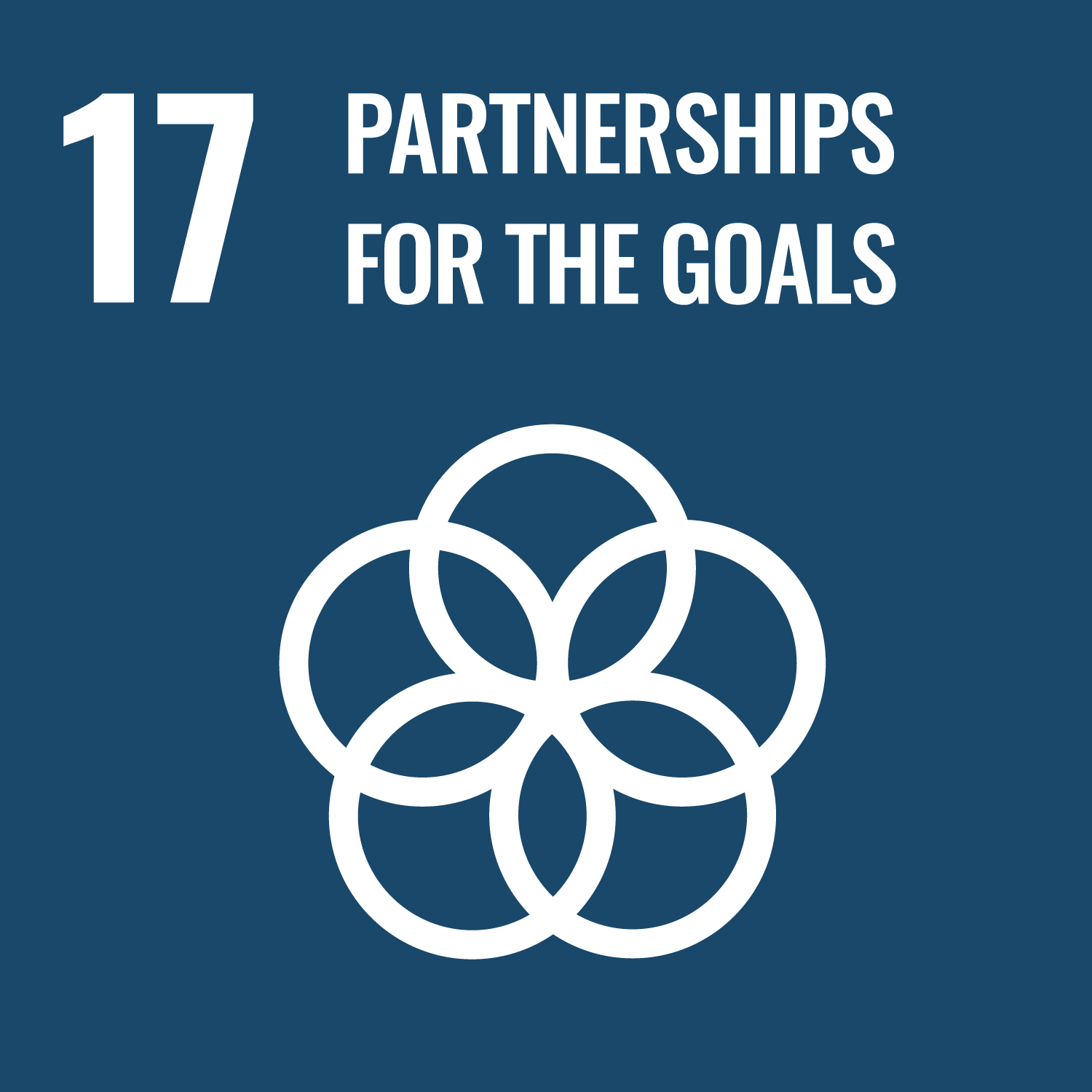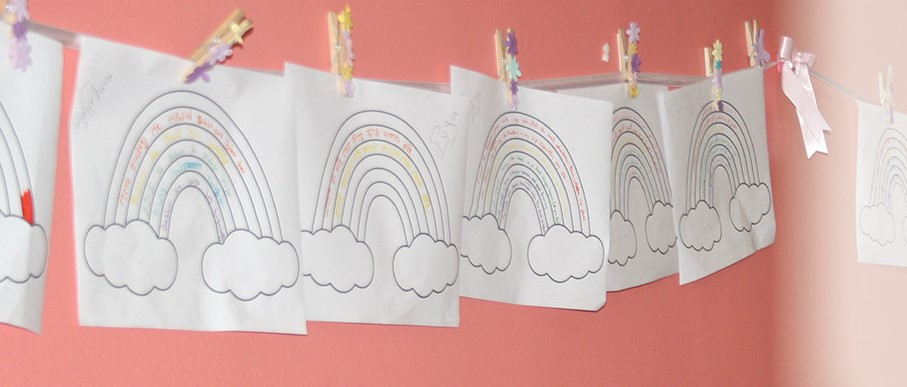
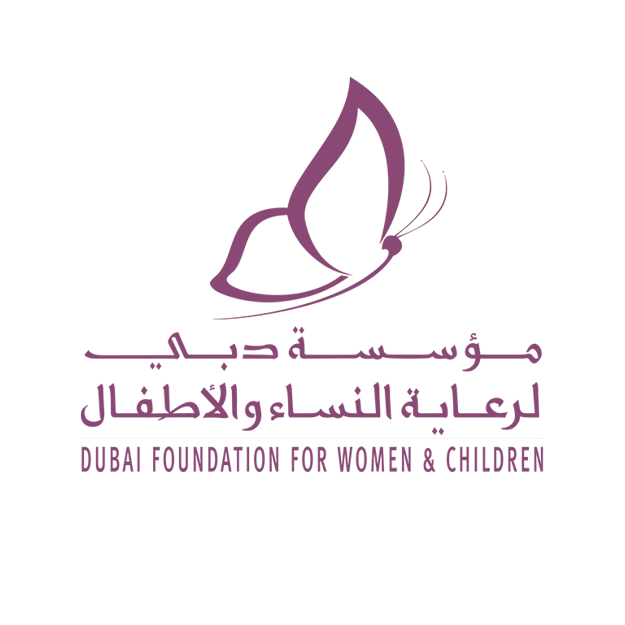
Dubai Foundation for Women and Children (DFWAC)
The Dubai Foundation for Women and Children (DFWAC) was established in July 2007 as the UAE's first licensed nonprofit shelter for women and children impacted by domestic violence, child abuse, and human trafficking. DFWAC provides women and children shelter and support services, such as rehabilitation, legal advice, and any other services they might require. It also organises community awareness programmes, and runs a 24/7 helpline to provide urgent support to those in need. Since its establishment 15 years ago, DFWAC has partnered with more than 30 NGOs, and public and private sector partners to support 11,000 people.
- Organisation type Nonprofit
- Year founded 2007
- Headquartered Dubai
- Registration United Arab Emirates
- Website https://www.dfwac.ae/
Related sustainable development goals
Impact
Since 2007, Dubai Foundation for Women and Children (DFWAC) has helped more than 11,000 women and children.
In 2022, alone, DFWAC helped 3k+ women and children, interacted with 10k+ people on its online platforms, received the Global Good Governance award for women empowerment, and also received NGO Entrepreneurship Award.
Focus areas
Focus sectors
- Human rights
- Humanitarian
Legal and courts
- Legal services
- Abuse prevention
Focus populations
- At-risk youth
- Children
- Migrant workers
- Refugees and displaced people
- Victims of crime and abuse
- Women and girls
Focus geographies
Middle East
- United Arab Emirates
Programmes
Care and rehabilitation
Providing immediate support to women and children impacted by domestic violence, child abuse, and human trafficking. Services include providing shelter, in addition to medical, social, legal and psychological support services. They also provide recreational services and training to those being housed in their shelters, as well as external services to those who are in need but are not in the shelters.Community awareness
Spreading awareness through developing public-facing campaigns on domestic and child abuse and human trafficking, and hosting conferences and training programmes targetting students, parents, school teachers and staff, and social workers. DFWAC also participates in exhibitions and regularly sets up activation stands in across public spaces, including malls, across the UAE to help educate the public and mobilise their support for their work.Helpline
A 24-hour hotline for anyone requiring urgent support. This includes a call and a WhatsApp line.Programmes and research
Developing programmes focussing on the impact of domestic violence and human trafficking, including play therapy programmes, conducting comparative studies on human trafficking trends, violence against children and women in the UAE, and drafting and disseminating manuals on best practices to tackle human trafficking.Volunteering
Probono services from Emirates Law and UAE government agencies to women in need.
Financials
Funding model
- Grants to Individuals
- Grants to organisations
- In-kind gifts
- Pro bono services
- Pro bono legal services
- Pro bono advocacy services
- Pro bono medical services
Primary funders
- Almarai Company
- Alwaleed Philanthropies
- DP World
- Dubai Islamic Bank
- Emirates Red Crescent
- Himalaya
- HSBC
- L'Oréal Middle East
- Noor Bank
- Yves Saint Laurent Beauty
Operations
Key staff
- Sheikha Saeed Al Mansouri , acting-director general
Board members
- Ahmed Darwish Al Muhairi, chairman
- Mona Essa Al Bahar, vice chair
- Sultan Abdul Hamid Al Jamal
- Mohammed Ali Rustom
- Khaled Yahya Al-Hussaini
- Aisha Ahmed Al Marri
- Hessa Abdulrahman Tahlak
Contact details
- 00971 4 606 0300
- info@dfwac.ae
- https://www.dfwac.ae/
- P.O. Box 97727 Dubai, United Arab Emirates
More
Resources
In this podcast episode of Philanthropy Age's The Impact Room, two philanthropists talk about when the world might achieve gender equality. Read more
Low-paid migrants keep the Middle East moving, but many face hardship and exploitation. In Bahrain, the Migrant Workers Protection Society works to support vulnerable workers by offering help, exposing abuses and lobbying for their rights. Read more
